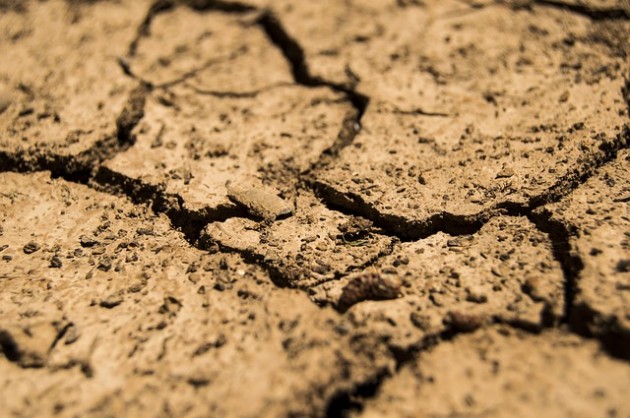Author Archives: Liya Rechtman
November 16, 2016 by Liya Rechtman
Kiryat Arba, That Is, Hebron

The Cenotaph of Abraham. (Photo Credit: A ntv, Wikimedia Commons.)
The first time a Jew bought land in the Biblical Land of Israel was for a burial plot of a woman, the matriarch Sarah. This story is recounted in Parshat Chayei Sarah, which is the Torah portion read this year in mid-November that can be translated literally as “the life of Sarah.” But Parshat Chayei Sarah isn’t about Sarah’s life, it’s about her death. It is Sarah’s death that allows the Jewish people to stake a claim in their land.
We see Abraham mourn Sarah’s passing, but his mourning is strategic. He asks the “people of the land, the Hittites” (Genesis 23:7) if he can buy a burial cave for her on the corner of their property. The Hittites initially offer him the land for free, but Abraham insists on buying it legally. In his moment of grief, and on behalf of the death of Sarah, he takes the opportunity to begin conquering the land of Canaan for Israel. Sarah, the nominal focus of this portion does not speak. Sarah has no stated wishes about where she is buried. Because she is dead, she has no say in the transactions done in her name.
- 1 Comment
November 7, 2016 by Liya Rechtman
Why Climate Change Is a Jewish Feminist Issue
 At the beginning of the Jewish year, we read once again of our obligation to “till and tend” the earth (Genesis 2:15). In the first few lines of our sacred text, we read of the responsibility of humankind to care for and rule over the whole of creation. Our text is rooted in references to our deep Jewish agricultural and ethical obligations. So, clearly, climate change is a Jewish issue. The fight against rising sea levels and increased global temperatures is our fight. The work to maintain crop biodiversity and safeguard all lives from water and air pollution, especially lives in danger in low-income communities, is our work.
At the beginning of the Jewish year, we read once again of our obligation to “till and tend” the earth (Genesis 2:15). In the first few lines of our sacred text, we read of the responsibility of humankind to care for and rule over the whole of creation. Our text is rooted in references to our deep Jewish agricultural and ethical obligations. So, clearly, climate change is a Jewish issue. The fight against rising sea levels and increased global temperatures is our fight. The work to maintain crop biodiversity and safeguard all lives from water and air pollution, especially lives in danger in low-income communities, is our work.
And climate change is specifically a Jewish feminist issue.
- No Comments
 Please wait...
Please wait...